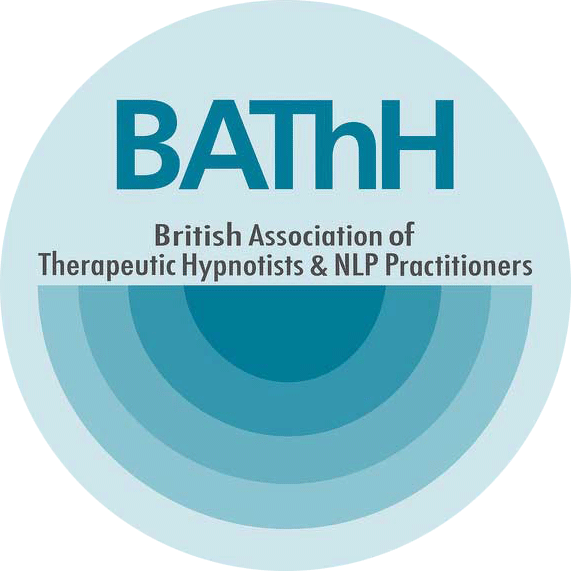Our members are all professional and qualified hypnotherapists trained according to our rigorous training standards. They abide by our Code of Conduct and are safe and competent to practice and are all fully insured.
Members are accredited to the CNHC, the Complementary Natural Health Council which is the UK regulator for complementary healthcare and whose recognition places them at the forefront of a national drive to provide a benchmark for standards and safety for the public. Practitioners registered with the CNHC meet national occupational standards and abide by a rigorous code of conduct, performance and ethics.
By providing a verification of standards, the CNHC allows GPs, hospitals, private healthcare providers and insurance companies to refer patients to hypnotherapy practitioners or to make hypnotherapy more readily available in health centres, clinics, doctors’ surgeries and hospitals.
What is Hypnotherapy?
Hypnotherapy is a powerful technique for change. It is a therapeutic technique that is conducted in hypnosis. It is based on the premise that the mind and body do not work in isolation. It is used to help clients find alternative solutions to unwanted problems and can be very useful in enhancing personal development and unlocking inner potential. The hypnotherapist seeks to trigger the mental and physical self-healing processes that lie in the subconscious mind and empower the client to make the changes they seek by using suggestion.
What is Hypnosis?
The word ‘hypnosis’ derives from Hypnos, the Greek god of sleep but most people experiencing hypnosis are far from actually sleeping. The term ‘hypnosis’ was only coined in 1840 by Dr James Braid who was a Scottish physician and who developed it into a medical technique but Hypnosis is actually one of the oldest phenomena known to man. It may be surprising to know that we experience trance sates often during our normal lives such as when we go to sleep, when driving or reading a book. It is a state which is neither asleep nor awake with a pleasant feeling of deep relaxation. The mind is relaxed and focused and is very responsive to ideas and images. It is a completely natural state, almost like daydreaming. It is important to point out that no one can be hypnotised against their will and even when in hypnosis a person can still reject any suggestion.
What Can Hynotherapy treat?
Hypnotherapy is used in a number of fields including psychotherapy, surgery, dentistry, research, and medicine. Hypnotherapy is commonly used as an alternative treatment for a wide range of health conditions, including weight control, pain management, and smoking cessation. It is also used to control pain in a variety of conditions such as headache, facial neuralgia, arthritis, burns, musculoskeletal disorders, childbirth, and many more. Hypnotherapy is being used in place of anaesthesia, particularly in patients who prove to be allergic to anaesthetic drugs, for surgeries such as hysterectomies, caesarean sections, certain cardiovascular procedures, thyroidectomy, and others. Dentistry is using hypnotherapy with success on patients who are allergic to all types of novocaine drugs. Hypnotherapy is also useful in helping patients overcome phobias.
Hypnotherapy is used for nonmedical patients as well as those who wish to overcome bad habits. Hypnotherapy has been shown to help those who suffer from performance anxiety, such as in sports, and speaking in public. In academic applications, it has also been shown to help with learning, participating in the classroom, concentrating, studying, focusing attention span, improving memory, and helping remove mental blocks about particular subjects.
In more general areas, hypnotherapy has been found to be beneficial for problems such as motivation, procrastination, decision making, personal achievement and development, job performance, buried or repressed memories, relaxation, and stress management.
What is NLP?
NLP focuses on ‘what works’ through careful observation of reality. It is a very practical approach which is based on constant testing and gathering tangible evidence about what is happening. NLP grew from modeling how successful people think and why they do the things they do. Because people are complex, NLP codified this research into a structured approach to simplify this complexity. NLP teaches the positive behaviours that create desired results through simple and practical techniques.
